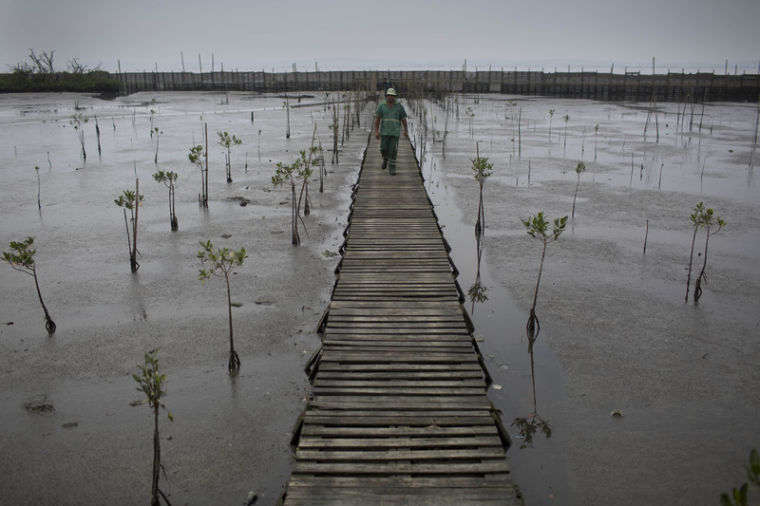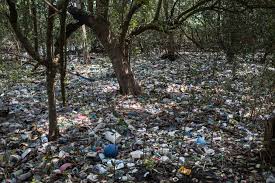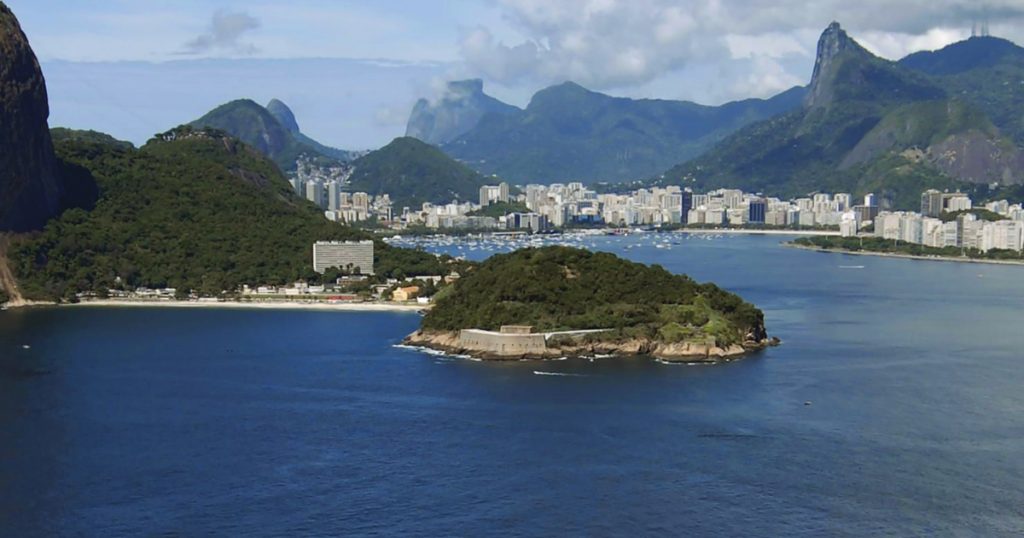RIO DE JANEIRO, BRAZIL – The Rio de Janeiro State Prosecutor’s Office (MPRJ), the State Secretariat of Environment and Sustainability and Petrobras have signed an agreement that ensures investments in multi-sector projects aimed at increasing forest coverage and promoting sustainable agriculture in the Guapi-Macu Basin.
In the partnership signed between the parties, Petrobras undertakes a number of commitments to reestablish, promote, and ensure social and environmental balance in the areas affected by the Rio de Janeiro Petrochemical Complex (COMPERJ).

The estimated investment to carry out the planned measures is over R$50 (US$12) million. Some R$3.5 million of this sum will be allocated to two projects aimed at increasing forest coverage and promoting sustainable agriculture in the Guapi-Macacu Basin, in the Guanabara Bay area.
The region is the main source of public water supply for the eastern portion of the metropolitan region of Rio de Janeiro, which serves some two million people, but which today is suffering from pollution and water shortages in times of drought. The area is known for its agricultural and tourist activity, and for sheltering significant remnants of the Atlantic Forest in the state.
Water security is a human and fundamental right, guaranteed by national and international rules. Through these measures, the MPRJ addresses the need for reforestation and the conservationist management of water and soil in strategic areas for the provision of relevant environmental services for water regulation and the quality of water sources, particularly those for public supply.

“With initiatives such as this, we will not only work for the quality-quantitative protection of water resources, but we will also progress towards sustainable food production, improvement of production and farmers’ income and the reduction of risks of water-related disasters,” says Prosecutor José Alexandre Maximino Motta, coordinator of the Specialized Environment Action Group (GAEMA/MPRJ), who attended meetings and events for the collective establishment of one of the benefited projects together with Fernanda Fontes, an expert from GATE/MPRJ.
Maximino also pointed out that projects such as these meet the goals of water security and that the alignment with the head Promoter of the case, Tiago Veras, was crucial to enable these initiatives.
At least 15 institutions are involved in the projects, such as the State Environment Institute (INEA), the State Secretariat of Agriculture, Livestock, Fisheries and Supply (SEAPPA), EMATER-RIO, EMBRAPA, UFRRJ, REGUA, CEDAE, the Municipality of Cachoeiras de Macacu, and local producers’ associations. The supported projects include technical assistance and training for rural landowners in water and soil conservation management, forest restoration, implementation of agroforestry and silvopastoral systems, incentives for organic and agroecological production, and promotion of rural and natural tourism.

In addition, actions and resources are planned for improvements in product processing, marketing and certification, seeking to strengthen sustainable production chains in the region. Some 1,200 rural producers in the region, in the municipalities of Cachoeiras de Macacu and Guapimirim, will benefit from the measure.
“I have the honor to be part of this moment. Our secretariat is working in a clear and proactive way to progress on environmental issues in the state of Rio de Janeiro. The challenge is enormous and we are open to these and other issues involving the state environmental agencies, in order to advance sustainable development,” said Altineu Côrtes, Secretary of State for Environment and Sustainability.

